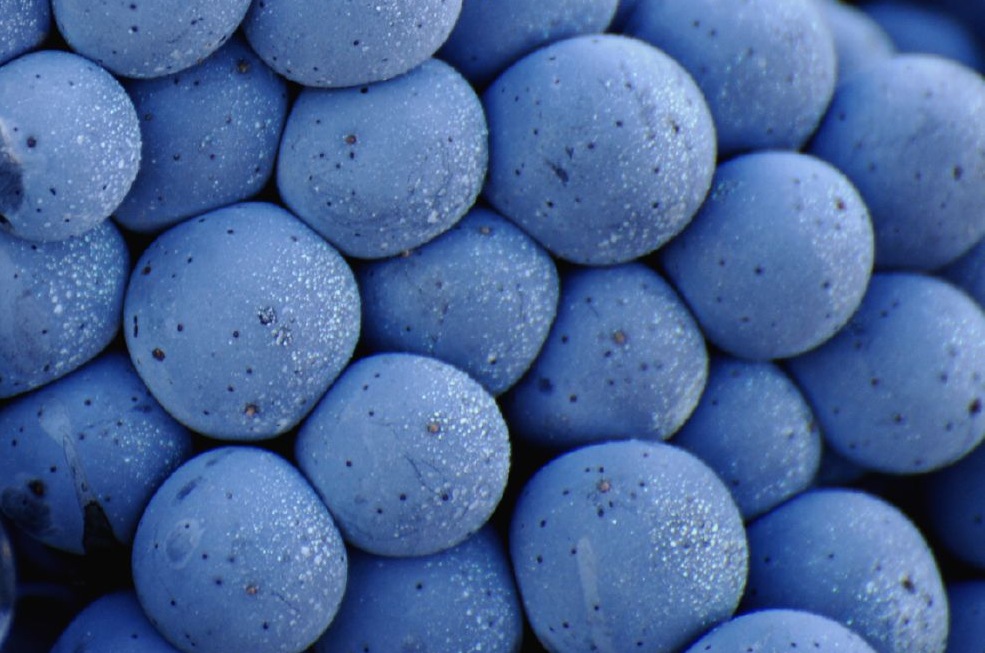Peru invests in science
by Ivan Fernando Gonzalez Continue reading Peru invests in science
Science news out of Latin America
by Ivan Fernando Gonzalez Continue reading Peru invests in science
ARGENTINA
Scientists, patients and government entities in Argentina have reached an agreement to legislate stem cell therapies. The law “should address the scientific and therapeutic aspects of these cellular tools, always from a bioethical perspective, while guaranteeing the health protection of citizens,” stated Lino Brarañao, Argentina’s Minister of Science and Technology.

Recently, Argentina’s Ministry of Agriculture, Livestock and Fisheries passed a resolution for the evaluation of genetically modified crops like sugarcane and potatoes. This measure will allow two national institutions to progress in obtaining glyphosate tolerant sugarcase.
Argentine companies are working on breeding programs to increase protein levels in the soybean.
BOLIVIA
An international group of scientists led by Italian geographer Umberto Lombardo and Bolivian archaeologist José Capriles found in the Bolivian Amazon evidence of humans dating back 10,400 years. Their analysis concludes that hunter-gatherers settled there in the early Holocene. The work was published in the journal Plos One.
ARGENTINA Scientists at the Universidad Nacional de Buenos Aires have determined that the use of the herbicide glyphosate is unnecessary for stimulating grass growth in Argentina. Winter is a critical season for grass production on the plains outside Buenos Aires and the period also coincides with calving cows, meaning grass needs to be available. Through … Continue reading Peruvian mummies had clogged arteries, improving biofuels in Argentina and supporting coffee research in Costa Rica.
ARGENTINA Argentina’s government has created two new marine protected areas in Patagonia: Isla Pingüino Coastal Marine Park and Makenke Coastal Marine Park. Isla Pingüino covers nearly 1,800 square kilometers (720 square miles) of ocean and coastline while Makenke covers 600 square kilometers (230 square miles). The areas will protect red-legged cormorants, sea lions, penguins, and dolphins, among … Continue reading Monarch butterfly numbers have fallen by 59 percent, Chile inaugurates its ALMA telescope, and Central America expands GMO food production.
BOLIVIA Heavy rains have affected more than 9,600 families in Bolivia, says the country’s minister of defense. Flooding, landslides and lightning storms have caused the deaths of 18 people in Bolivia. CHILE A Chilean town in the Atacama desert has uncovered several mummies from both its graveyards, some 2,000 years old. The municipal museum of … Continue reading Mining sparks deadly battles over water supplies in Peru, 2,000 year old mummies discovered in Chile, and heavy rains take a toll in Bolivia.
Global demand for quinoa triples its price in Bolivia, Paraguay struggles to contain spread of dengue, and the superears of a Colombian grasshopper. BOLIVIA Global demand for quinoa has tripled the price of the Andean grain, forcing Bolivian and Peruvian farmers to rely on other staples for food. “It’s worth more to [the producers] to … Continue reading Thursday January 17
Central American crops battling pests and drought, Argentine students overweight, and sea lions nursed back to health in Peru ARGENTINA 37% of schoolchildren in Argentina are overweight and 18% of those are obese, says a review of 57 studies done across 13 of Argentina’s provinces. The studies include around 120,000 children and were undertaken in … Continue reading Thursday October 18